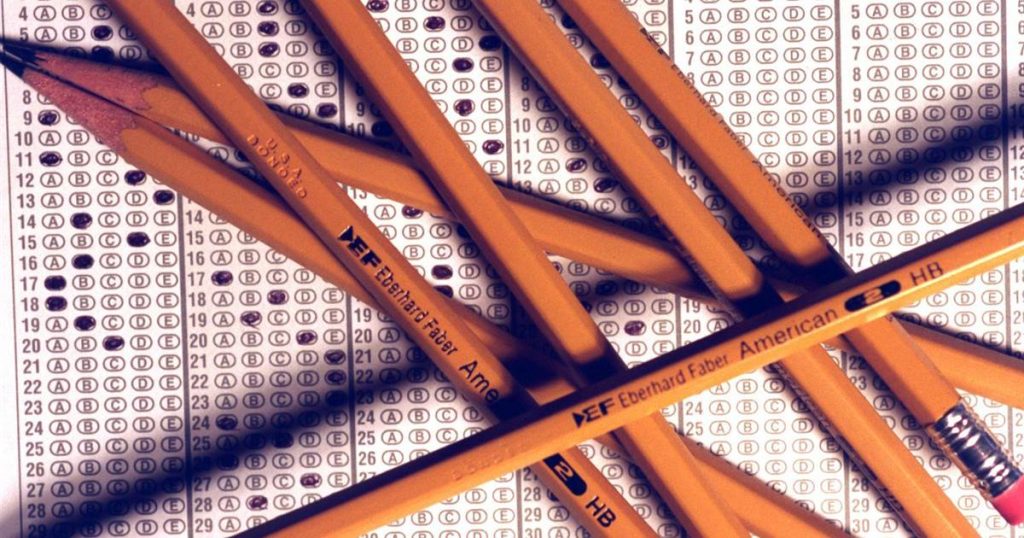Using AI in the examination process

Technology to protect remote exam-taking against fraud has quickly become necessary as exams move online. Combinations of machine learning algorithms, facial recognition technology and eye tracking software are used to make sure that the person taking the exam is who they say they are and identify cheating. However, there have been many documented cases where they cannot identify students with dark skin, not allowing them to take exams.


